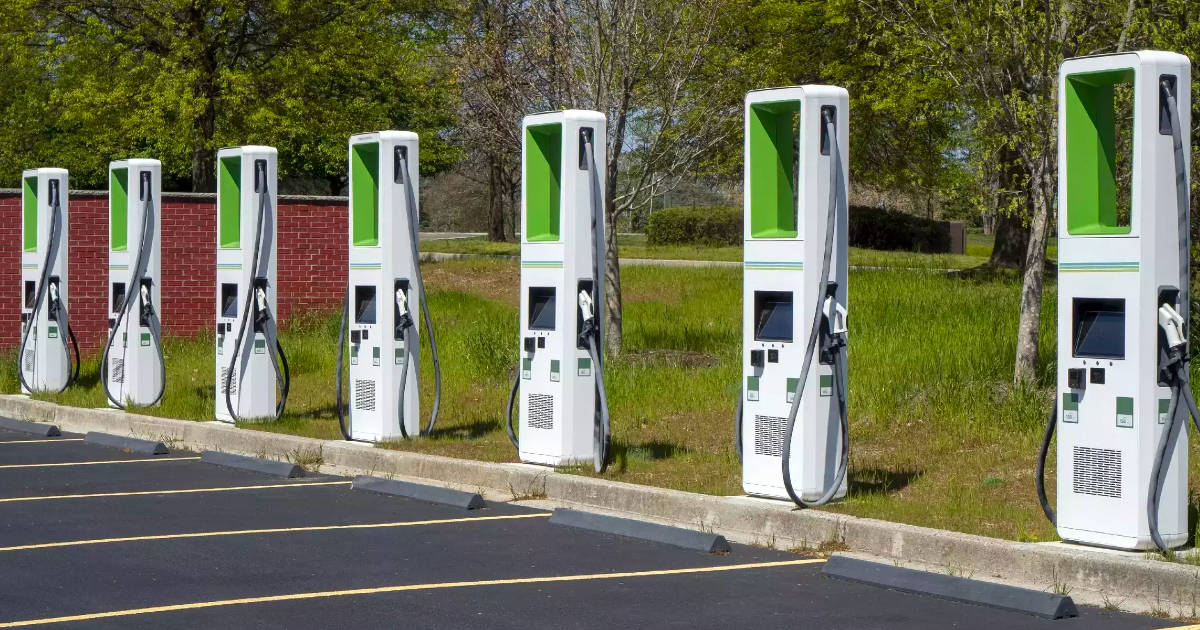The project will fall under the FAME-II scheme under the Ministry of Heavy Industries and is aimed at catering to both private and public transport. This means that cars such as Hyundai Kona, Tata Nexon EV, MG ZS EV and other compatible EVs can charge up along with electric buses.
Which highways will benefit from EV stations?
The project at the moment has a deadline of completion within six to eight months. A statement that was released in reference to the project also elaborates and mentions some busy highway routes that include Mumbai-Pune highway, Ahmedabad-Vadodara Highway, Delhi-Agra Yamuna Expressway, Eastern Peripheral Expressway, Hyderabad ORR Expressway, and Agra-Nagpur Highway.
The Ministry of Power in India has directed the CESL to undertake a widespread electrification project that would enable electric vehicle users and will further India’s ambitions toward electrified mobility in the future. The project will take into account the expanses of the country and will benefit 16 highways in the country.
The project will take into account the installation of 50kW and 100kW charging setups. As many as 590 chargers with a 50kW charging output will be installed at an interval of every 25km, while 220 chargers with a 100kW charging output will be installed at an interval of 100km.
















